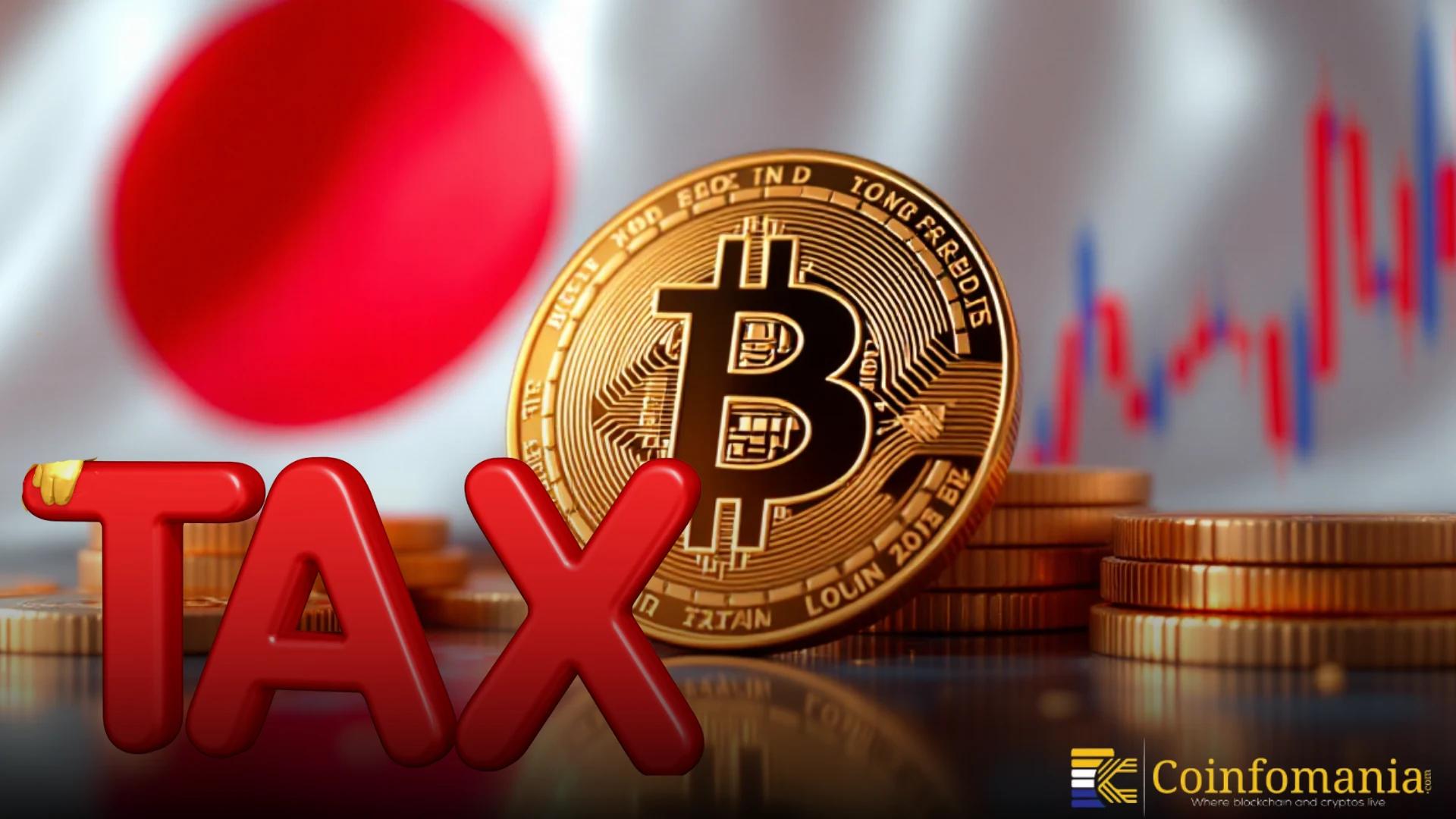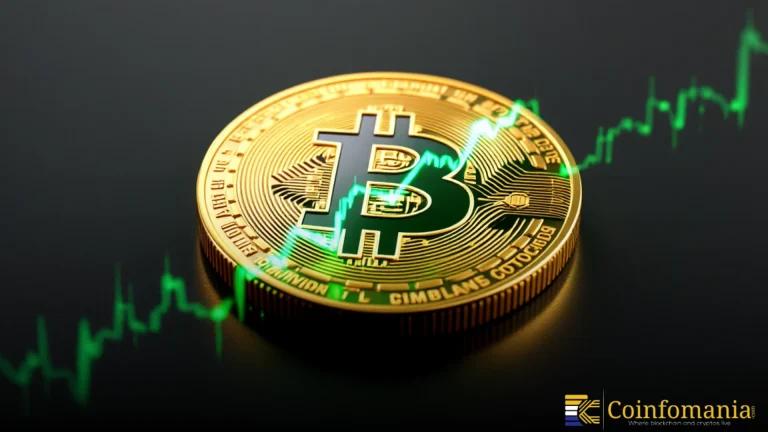Japan prepares a sweeping tax reform that aims to reshape its crypto future
Let’s discover how the Japan crypto tax cut reshapes trading as new rules bring clarity and stronger safeguards.

Quick Take
Summary is AI generated, newsroom reviewed.
Japan plans a flat 20 percent tax to replace the current 55 percent peak rate.
New insider trading rules aim to protect traders and improve trust.
Mandatory disclosures for 105 cryptocurrencies increase transparency.
Japan hopes to strengthen growth and reclaim global crypto leadership.
Japan signals a major shift in its crypto approach as regulators move toward a flat 20 percent tax rate for digital assets. This change marks a clear effort to encourage local innovation and bring traders back to domestic exchanges. Many retail investors left the country due to high tax rules, so the new Japan crypto tax cut brings hope for fair treatment and wider participation.
The Financial Services Agency, or FSA, outlines this proposal as part of a larger plan to simplify compliance and reduce uncertainty. The current tax rate climbs as high as 55 percent, so traders hesitate during volatile periods. A flat rate creates stability and helps long term users plan better. The broader package also introduces insider trading rules and mandatory disclosures for 105 listed coins, including Bitcoin and Ethereum. The plan sets the stage for deeper trust in the Japan crypto market.
LATEST: 🇯🇵 Japan's Financial Services Agency intends to slash the crypto tax rate from as high as 55% to a flat 20% while introducing insider trading rules and mandatory disclosures for 105 cryptocurrencies, including Bitcoin and Ethereum. pic.twitter.com/MDyDRzdmQQ
— CoinMarketCap (@CoinMarketCap) November 17, 2025
A flat tax aims to support growth in Japan’s evolving crypto landscape
The proposed 20 percent tax rate aims to remove long standing barriers. The current system discourages active trading and punishes gains made during volatile moves. Many traders hold assets longer than planned because higher brackets create fear. A flat rate brings fairness and reduces stress. The Japan crypto tax cut also supports small investors who struggle with complex calculations.
Regulators study global benchmarks to craft a balanced approach. Countries like Singapore and the UAE attract talent because they keep taxes simple. Japan wants a similar advantage while keeping strong oversight. The Japan crypto regulations under this proposal support both innovation and protection. The FSA believes stability helps the Japan crypto market grow faster and recover lost activity.
New insider trading rules aim to restore trust in digital markets
The FSA introduces insider trading rules to address trust issues within the Japan crypto market. Abuse concerns grow as tokens move quickly and insiders act before public updates. Stronger rules protect retail users and create cleaner markets. Japan wants to encourage smart innovation but prevent unfair advantages.
The framework includes strict monitoring, mandatory reporting, and clear penalties. Exchanges must update their systems to track unusual activity. The goal is to match the standards seen in traditional finance. Traders trust a market more when bad actors face real consequences. Better rules support the Japan crypto regulations agenda that the FSA promotes.
Mandatory disclosures strengthen accountability across 105 cryptocurrencies
Japan plans mandatory disclosures for 105 tokens, including Bitcoin and Ethereum. These disclosures help users understand risks, token structures, and related activities. They also help exchanges build reliable dashboards with clear information. Traders need fast access to details during sharp moves, so better reporting helps everyone act responsibly.
The Japan crypto market gains strength when information stays easy to access. Users make smarter choices when they understand token behaviour. Better transparency also supports the Japan crypto regulations roadmap. The FSA wants strong governance but also aims to respect innovation.
Japan positions itself as a competitive and transparent global crypto hub
Japan is now heading towards a friendlier legislative environment for digital assets. The Japan crypto tax cut improves the situation, brings in talent, and supports new projects. Stronger disclosures and insider trading rules create a cleaner marketplace. In combination with the lower tax rate, these changes enhance a healthy ecosystem ready for global competition.
Developers and investors want places that reward long term work. Japan listens to these demands and adjusts its approach. The country hopes to regain lost momentum and secure a strong global role. With these reforms, Japan sets a clear path for sustainable growth and deeper trust.
Follow us on Google News
Get the latest crypto insights and updates.
Related Posts

95% of All Bitcoin Has Been Mined as Supply Nears Final Stage
Triparna Baishnab
Author

Trump Takes Luxury Real Estate to the Blockchain With Maldives Project Tokenization
Triparna Baishnab
Author

OG Whales Trigger Major Shift As New Buyers Reshape the Market
Vandit Grover
Author